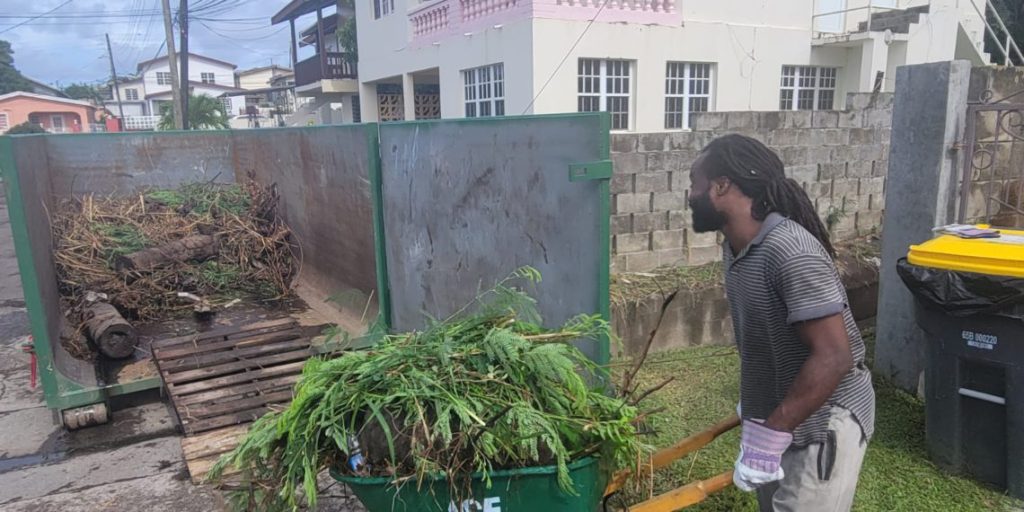The Necessity of Equitable Boundaries in St. Kitts and Nevis
The prolonged silence of the Constituency Boundaries Commission in St. Kitts and Nevis, over a year after its appointment, raises serious concerns about the health of the nation’s democracy. This body, responsible for ensuring fair and equitable representation through the review of electoral boundaries, has offered no updates, consultations, or proposals, creating an atmosphere of unease and distrust. The lack of transparency is not merely troubling; it poses a direct threat to the democratic principles upon which the nation is founded. The absence of communication fuels speculation and undermines public confidence in the integrity of the electoral process, a critical element of any functioning democracy.
Constituency boundaries are the fundamental building blocks of representative government, determining the composition of Parliament and the allocation of communities to electoral districts. Their primary purpose is to ensure population equality, guaranteeing that each vote carries approximately the same weight. This principle of “one person, one vote” is enshrined in the Constitution and serves as a cornerstone of democratic fairness. However, the current disparity in constituency populations in St. Kitts and Nevis reveals a system riddled with flaws and vulnerable to constitutional challenge. The vast difference in population size between constituencies, such as the 9,000 inhabitants of Constituency No. 8 compared to the 2,969 of Constituency No. 5, and similar discrepancies in Nevis, represents not just inequality, but a form of electoral malpractice by omission. This imbalance directly contradicts the constitutional mandate for equitable representation and jeopardizes the legitimacy of the electoral process.
The current situation is not an isolated incident but rather the latest chapter in a long history of delayed and dysfunctional boundary reform. Since 1989, four attempts at reform have failed, mired in controversy, litigation, and political gridlock. With less than two years remaining before the next general election, the risk of repeating this cycle of dysfunction looms large. The continued inaction threatens to further erode public trust and undermine the integrity of the electoral system. Urgent action is needed to break this pattern and ensure a fair and equitable electoral process for the upcoming election.
To address this critical issue, two key recommendations emerge: increasing the number of elected seats and realigning constituencies to population averages. St. Kitts, currently with 8 constituencies, should expand to 10, while Nevis should increase from 3 to 5. This increase is justified by comparing St. Kitts and Nevis to other Caribbean nations with similar or smaller populations but significantly more elected representatives. This underrepresentation undermines the principle of fair and effective representation and needs to be addressed urgently. Realigning constituency boundaries based on the proposed increased seat numbers would create more balanced populations within each constituency, bringing the system closer to the constitutional requirement of equal representation. This would involve redrawing the boundaries of significantly oversized constituencies such as Constituency 8 and Constituency 9.
The Commission’s continued silence raises critical questions about its operations and intentions. The lack of transparency regarding meetings, guiding criteria, and opportunities for public consultation is deeply concerning. A credible and responsible Commission would proactively engage with the public, providing a clear work plan, regular progress updates, and a timeline for consultation and draft proposals. Open communication and public engagement are essential elements of a democratic process and are necessary to build public trust and ensure the legitimacy of the boundary review process. The absence of such transparency raises suspicions and erodes public confidence in the Commission’s commitment to fairness and impartiality.
To prevent the next general election from being conducted under unconstitutional conditions, immediate action is required. The Boundaries Commission must break its silence and initiate public engagement without further delay. Draft recommendations should be published for public scrutiny and feedback before finalization. Parliament needs to prepare for a timely debate and decision on any proposed boundary changes well in advance of the election cycle. Finally, the Electoral Commission must be fully briefed and empowered to manage voter registration based on the updated boundaries. Failure to take these steps will leave the next election vulnerable to legal challenges, political instability, and a crisis of legitimacy, jeopardizing the democratic foundation of the nation.
Democracy is not a static entity; it requires constant maintenance and vigilance. Ignoring its fundamental structures, like constituency boundaries, leads to decay and dysfunction, much like neglecting the upkeep of roads. These boundaries are not mere bureaucratic lines on a map; they are the bedrock of electoral fairness. The current cracks in this foundation, represented by the significant population disparities between constituencies, demand immediate attention and repair. Failure to do so will not only undermine the fairness and integrity of the upcoming election but also risks further eroding public trust in the democratic process. Addressing these issues is not merely a matter of good governance; it is a constitutional imperative and a fundamental obligation to the people of St. Kitts and Nevis.
Share this content:








Post Comment